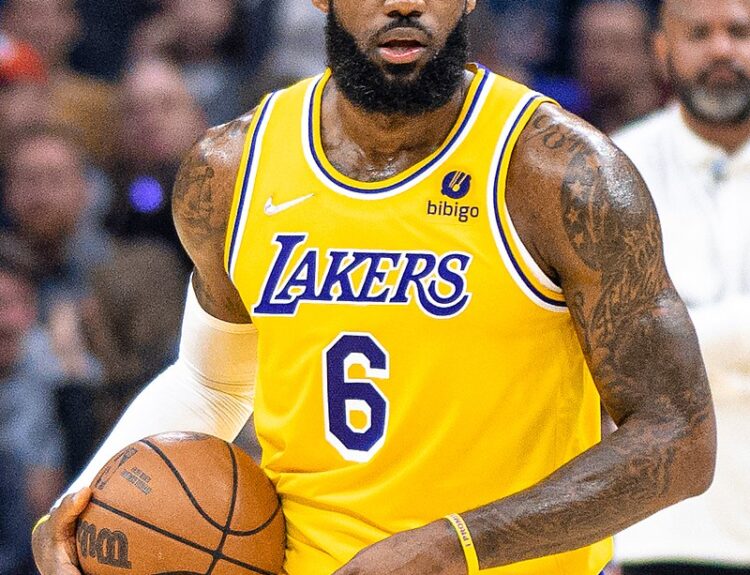How a simple pair of jeans turned into a global fashion phenomenon without traditional ads.
- Frame Denim, co-founded by Erik Torstensson and Jens Grede, is nearing $200 million in annual sales.
- The brand started in 2011 with a single style of jeans and has grown without traditional advertising.
- Frame has expanded its product line, with half of its sales now coming from ready-to-wear clothing.
- The company has opened new locations, including offices in Paris and a store in Shanghai.
- Frame’s marketing strategy leverages social media and collaborations with influencers and supermodels.
Frame Denim, co-founded by Erik Torstensson and Jens Grede, has transformed from a small passion project into a booming business, nearing $200 million in annual sales. The journey began in 2011 when Natalie Massenet, founder of Net-a-Porter, nervously tried on a pair of jeans designed by her boyfriend, Torstensson. Despite initial doubts, the jeans were a hit, saving both their relationship and sparking the creation of Frame. nnOver the past 12 years, Frame has thrived in a saturated denim market, achieving a remarkable 20% sales growth this year alone, all without spending on traditional advertising. The brand, still owned by Torstensson and Grede, has expanded its offerings significantly, with ready-to-wear clothing now accounting for half of its sales. nnFrame’s growth strategy has included opening new offices in Paris and a store in Shanghai, with plans for five additional U.S. locations. The brand’s success can be attributed to its innovative marketing approach, utilizing social media platforms like Instagram and collaborating with high-profile influencers and supermodels. nnThe founders initially launched Frame as a fun project, drawing on their experience in fashion marketing. They focused on creating high-quality denim with a luxurious feel, which resonated with consumers. Collaborations with models like Karlie Kloss led to the successful Forever Karlie jeans, further solidifying Frame’s reputation in the industry. nnAs the brand continues to grow, it has adapted to the changing luxury market, offering relatively affordable options compared to competitors. With a seasoned CEO and a focus on direct-to-consumer sales, Frame is poised for even more expansion in the coming years. Torstensson remains excited about the brand’s future, likening its growth to a journey from adolescence to maturity.·
Factuality Level: 7
Factuality Justification: The article provides a detailed account of the history and growth of Frame Denim, including personal anecdotes and business strategies. While it contains some subjective elements and personal perspectives, it largely presents factual information about the brand’s development and market position. However, the narrative style and focus on personal stories may detract from its objectivity.·
Noise Level: 4
Noise Justification: The article primarily focuses on the success story of Frame Denim and its founders, providing a narrative that lacks critical analysis of broader industry trends or potential consequences. While it offers some insights into the brand’s growth and marketing strategies, it does not hold powerful individuals accountable or explore systemic issues within the fashion industry. The content is largely promotional and anecdotal, with limited scientific rigor or actionable insights.·
Private Companies: Frame Denim,Saturday Group,Net-a-Porter,Skims,The Kooples
Key People: Erik Torstensson (cofounder and chief creative officer of Frame Denim), Natalie Massenet (founder of Net-a-Porter), Jens Grede (co-founder of Frame Denim), Alix Earle (influencer), Karlie Kloss (supermodel), Joshua LeVine (CEO of Frame Denim), Nicolas Dreyfus (CEO of Frame Denim), Andrew Rosen (fashion investor), John Howard (private equity head)
Financial Relevance: Yes
Financial Markets Impacted: Yes
Financial Rating Justification: The article discusses the financial success of Frame Denim, which is generating nearly $200 million in annual sales and has experienced significant growth over the years. It highlights the impact of the brand’s strategies on the fashion market, including collaborations with influencers and the shift towards direct-to-consumer sales. The mention of luxury pricing trends and the brand’s expansion plans indicates its relevance to financial markets and consumer spending in the fashion industry.·
Presence Of Extreme Event: No
Nature Of Extreme Event: No
Impact Rating Of The Extreme Event: No
Extreme Rating Justification: The article discusses the growth and success of Frame Denim and its founders, but it does not mention any extreme events that occurred in the last 48 hours.·
Move Size: 20% sales growth thus far over last year
Sector: All
Direction: Up
Magnitude: Large
Affected Instruments: Stocks
 www.wsj.com
www.wsj.com 





